
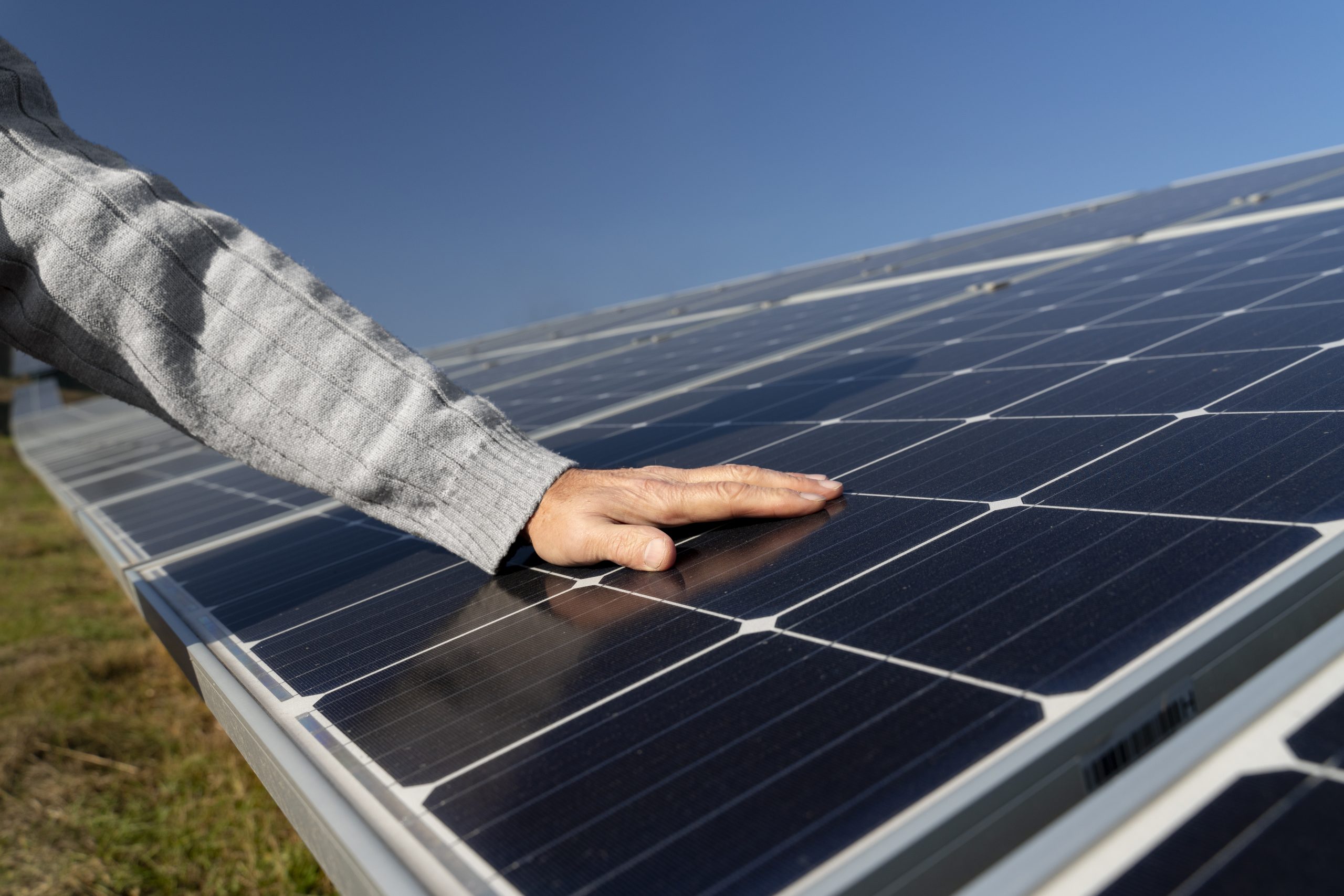


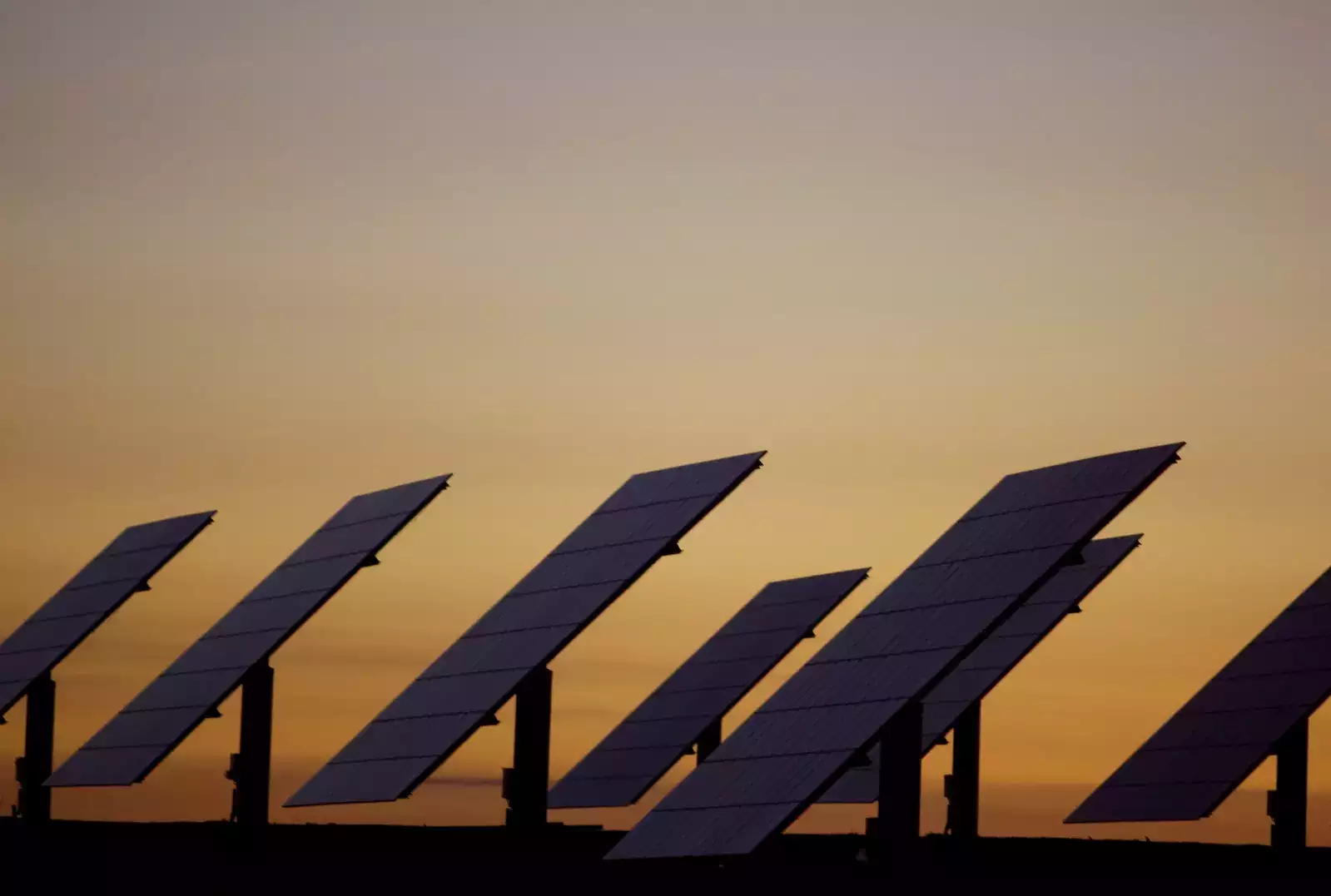
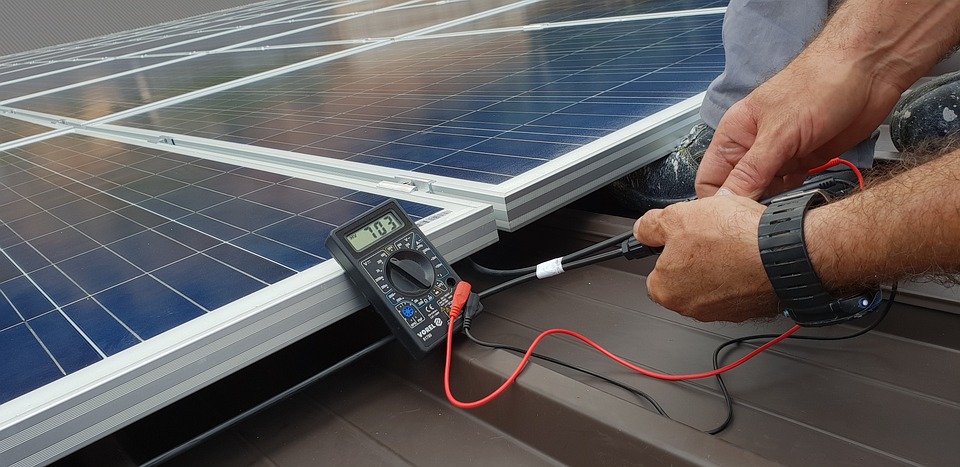
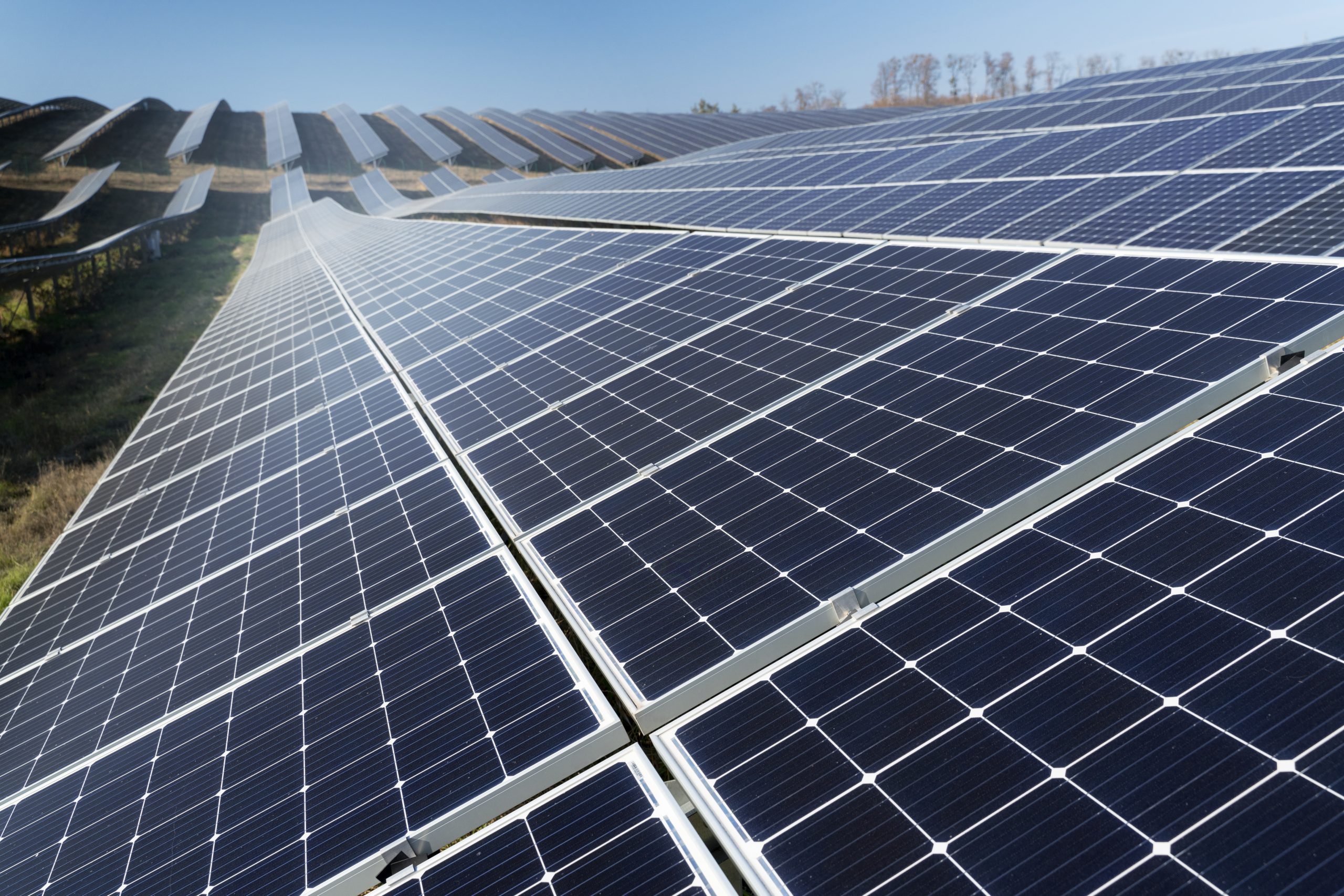
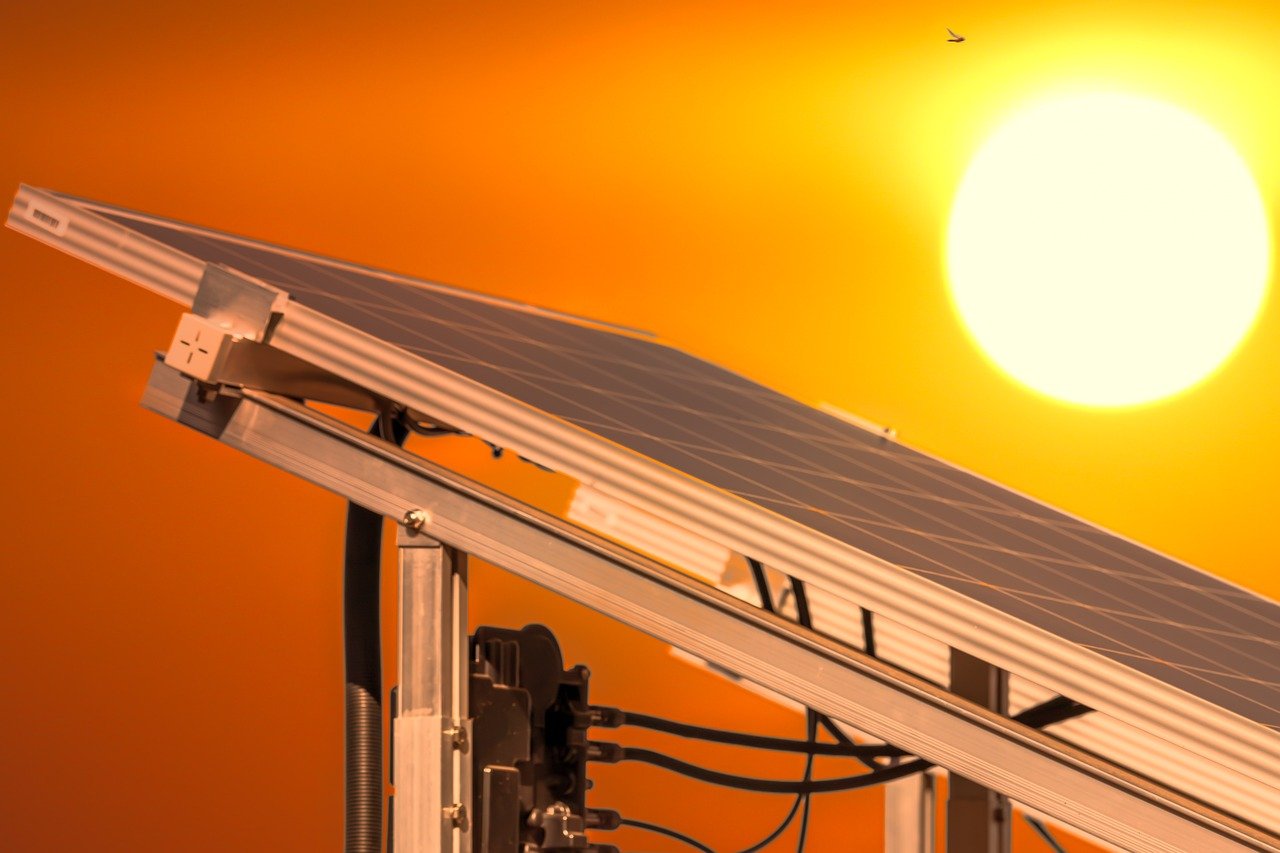
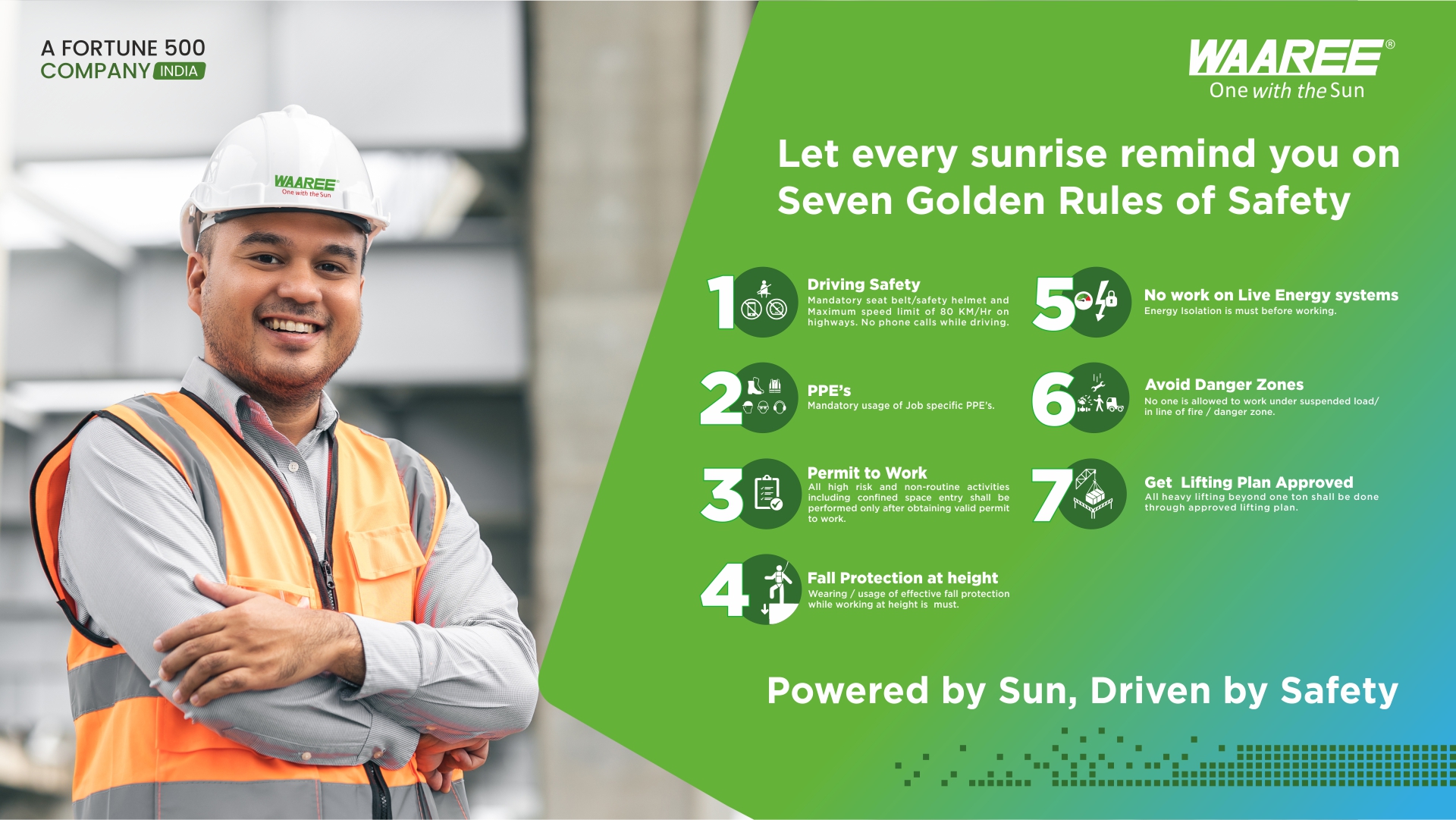
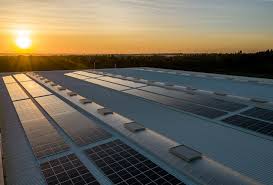
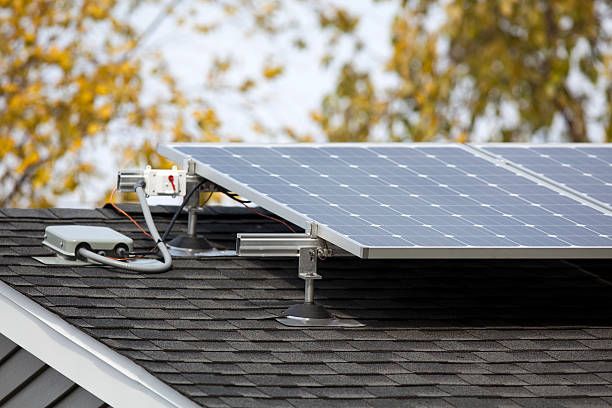
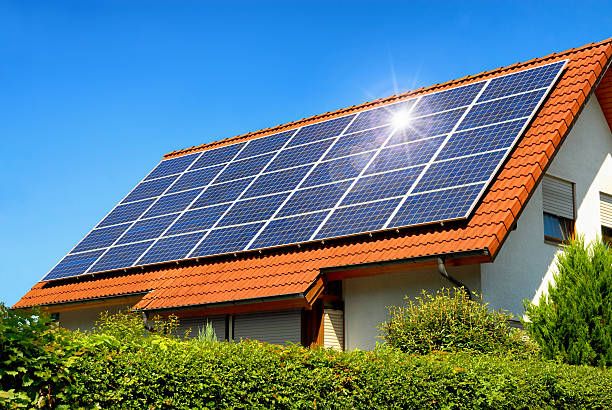
When investing in a solar panel system for your home or business, one of the most important considerations is the warranty coverage. Solar panel warranties protect against defects and performance issues over the long lifespan of your system. Understanding the ins and outs of solar panel warranties can give you confidence that your investment will deliver returns for years to come.
In this blog, we’ll provide an overview of the different types of solar panel warranties. What coverage they provide, what to look out for, and questions to ask installers. Read on to learn what you need to know to make the most informed solar power purchase decision.
Types of Solar Panel Warranties
There are several common warranty types offered on solar panels and other system components. The most comprehensive solar installation warranties will include:
– Product warranty: This covers defects in solar panel materials and workmanship, usually for 10-12 years. Replacement panels are covered.
– Performance warranty: Guarantees a certain level of solar panel output (typically 80% of original) over 25-35 years. Compensation is provided if output falls below.
– Inverter warranty: Similar to the product warranty but covering the electronic inverter component, usually 5-10 years. Replacements covered.
– Workmanship warranty: Installation quality and labor guaranteed over 5-10 years. Fixes flaws in original roof mounting, wiring, etc.
Reputable solar companies in India like Waaree provide strong warranties on panels. Waaree also stands behind warranties with over 30 year’s industry experience.
When comparing solar offerings, longer panel power output warranties give more protection for your investment as panels degrade slowly over decades of operation. Inverter warranties may be less critical depending on the replacement cost over the system’s lifetime.
What Does a Solar Panel Warranty Cover?
Solar panel warranties cover you against faulty equipment or drops in projected output.
Here are some examples of what coverage includes:
Product Defects:
– Cracked/damaged panels
– Connector or junction box failures
– Faulty glass or frame
– Internal moisture ingress or cell damage
Performance Deficiencies:
– Output dropping lower than guaranteed percentages
– Hot spots or dead cell clusters reducing yield
Installation & Labor Flaws:
– Loose panel connections or mounts
– Defective conduit, wiring or grounding
– Water leaks from rooftop attachment points
– Data monitoring equipment malfunctions
Remedies from warranty claims usually involve replacement parts, free maintenance fixes, re-calibration of electronics, or monetary compensation.
What Voids a Solar Panel Warranty?
While solar panel warranties offer extensive protection, you must meet certain system care and operating standards to maintain coverage. Actions that can void all or part of your solar panel warranty include:
– Missing scheduled maintenance check-ins
– Neglecting panel cleaning, which allows soil buildup
– Trimming back shade-creating vegetation (invalidates output projections)
– Using unauthorized system modifications or non-OEM parts
– Transferring panels to new locations without installer oversight
Be sure to fully understand your warranty terms before taking any independent actions on your solar array. Routine, proper care is essential!
Questions to Ask Your Solar Provider About Warranties
When comparing bids from different solar system installers, asking some key warranty questions will help you evaluate their offerings:
– Who actually provides the equipment warranties – manufacturers or the installation company?
– Does workmanship warranty cover the full parts and labor repair costs?
– Am I able to transfer warranties when selling my home?
– Will you provide copies of all warranty documentation from equipment suppliers?
– What requirements and responsibilities do I have under the warranty terms?
– If there is a claim, what is the response time and process?
– Will warranty replacements match my existing system components?
Thorough answers to questions like these will assure you that the solar provider truly stands behind their panels and service capabilities.
As India continues to be a global leader in solar power adoption, longer equipment warranties will also drive positive industry change. Manufacturers aiming for more customer loyalty and market share have responded by lengthening default coverage periods to 25, 30, or even 35 years in some advanced markets like the US and Europe.
Many hope to soon see this warranty duration uptick become standard across top solar brands vying for sales in India as well. More comprehensive coverage lasting deeper into the usable decades of panel operation means you get to reap rewards for even longer from switching to solar. Whenever further advances provide for longer-lasting clean power guarantees, India’s discerning solar buyers surely stand to benefit.
Solar panel warranties give buyers invaluable peace of mind that their green energy investment will deliver over the long run. When paired with high-quality equipment like Waaree’s solar modules and comprehensive coverage from installers, they help building owners maximize savings for decades to come. Considering warranty terms as part of your solar research process allows you to find the perfect pairing of assurances and system capabilities.